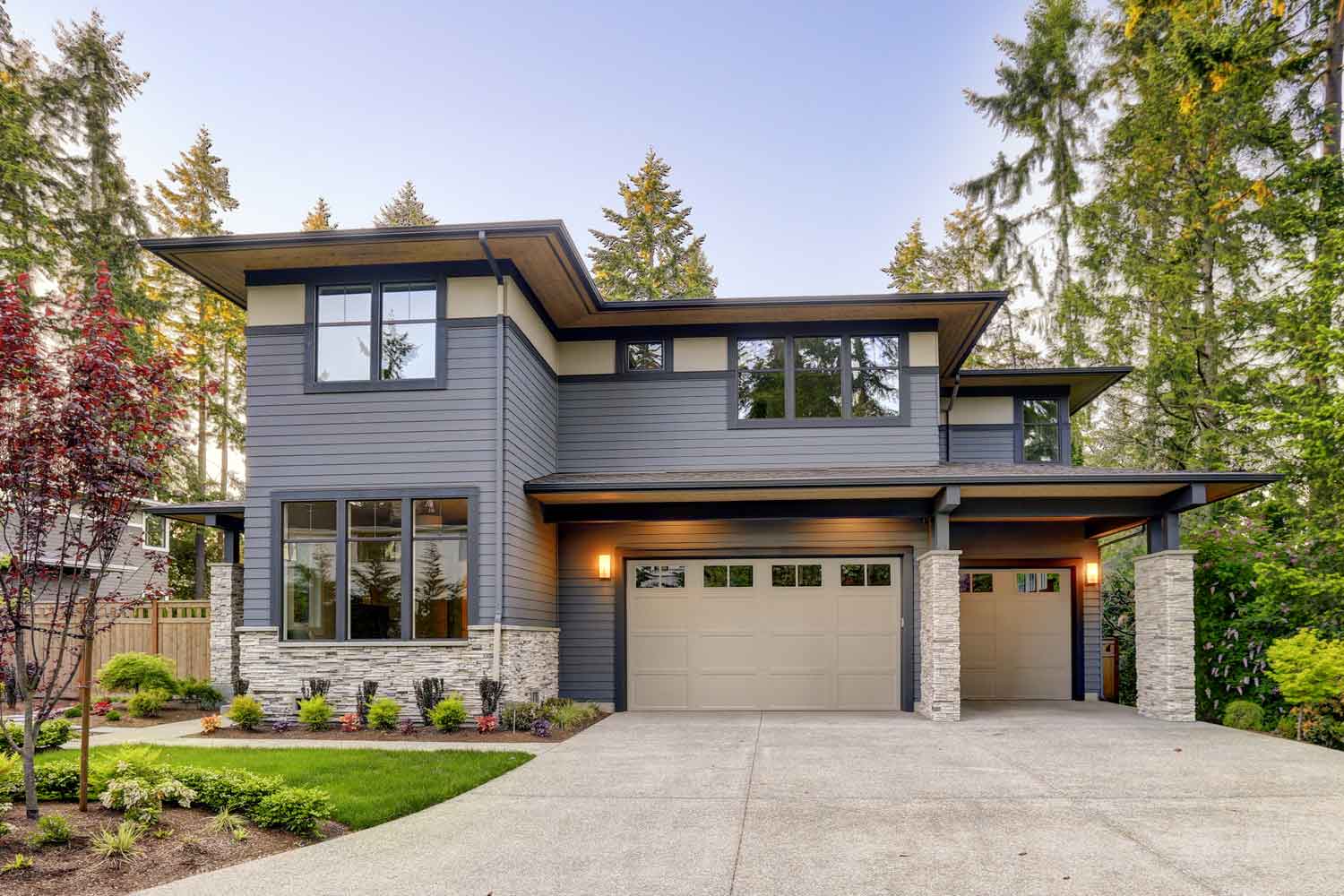Many veterans across this nation have made sacrifices that few of us can fathom. They have fought in countless battles, and have suffered in major wars. Some of these proud warriors have returned to our shores shadows of their former selves. They may be hurt, physically and emotionally. They may be damaged and struggling to recover.
For many veterans now back home, life has not been easy. The transition back to civilian life can be extremely difficult. Serious battle scars may persist. Trauma may exist that many of us can never see.
For certain veterans, however, the pain is all too real.
Fortunately, veterans have many options for turning around their lives. For those vets who are moving forward with their lives, nothing starts a new chapter like a new home. A home can bring new memories for loved ones, family and friends.
A home is more than a house or structure or property. To countless vets, a home represents a step in the right direction. It is progress toward a dream. Owning a home can truly and fully change the life of a veteran for the better.
Fortunately, the Veterans Administration (VA) can help. Guaranteed by the United States Department of Veterans Affairs (VA), VA loans offer many options for vets looking to buy or refinance their homes.
If you are wondering about the benefits of VA loans, you needn’t look further. There are a number of advantages to getting a VA loan. These all-important mortgage plans can help eligible veterans afford property at minimal down payment.
What Kinds of Properties Are Eligible for VA Loans?
VA loans are available to vets who want to buy a range of homes or properties. These property dreams do not have to include traditional houses. In fact, veterans may qualify for VA loans for all types of properties, including single-family homes, condominiums, multiple units, manufactured homes and more.

Although the VA does not create the loans, it does establish rules regarding eligible veterans. The VA also sets forth basic guidelines and criteria whereby certain VA loan mortgages can be provided and financially guaranteed.
Buying and Refinancing
If you are a veteran, you can use a VA loan to refinance your home. This includes considerations such as:
- Lowering monthly payments
- Drawing cash out of the home, and
- Consolidating other debts
VA Loans used to be available only to veterans who had actively served during particular periods. However, the criteria have since been broadened to make those who did not formerly qualify eligible.
Qualifying Military Applicants
As of today, the branches of the military that apply, include the:
- Army
- Navy
- Marine Corps
- Air Force
- Coast Guard
- Military Spouses
- People Without Military Experience
- People Meeting Other VA Criteria
This rather broad list is important because it directly and indirectly benefits families of military personnel. In other words, VA loans help families to realize the homes of their dreams. Recipients of VA loans must pay a funding fee unless they receive disability compensation from the VA.
Disabled veterans who are found disabled after paying the fee may be to get a refund. Surviving spouses of veterans killed may also get the fee waived.
In general, the VA home loan is intended to provide reduced down payment requirements. The criteria is also meant to be flexible for eligible veterans. Veterans may be able to get mortgage loans at no down payment, without private mortgage insurance (PMI) required.
Typically, PMI is paid unless the borrower can make a 20% down payment. In the case of VA loans, veteran borrowers are able to borrow up to 100% of the property’s reasonable value.
Reasonable Value VA Loans
The Department of Veterans (VA) issues a document showing a property’s reasonable value. This is called the Certificate of Reasonable Value (CRV). This value is the maximum value of the property, corresponding to the maximum loan amount allowed.
The VA will account for a number of important factors when considering a property’s reasonable value. These include current and future housing market values, similar properties in the market, the condition of the property, and other variables.
If you are wondering what kind of loan you can afford, be sure to evaluate all of the necessary paperwork. Your mortgage application should indicate your financial health and well-being.
Before you complete your mortgage loan application for VA loans, ensure that you have the right information. Your VA loan application is standardized. This means that it is issued by Fannie Mae. If you present false or misleading information, you may be criminally punished.
Applying For a VA Home Loan
To apply, ensure that you have gathered the required documents. You should consult with a mortgage broker if you are at all unsure or concerned about getting your paperwork. In some cases, you may need to reach out to additional experts.

If you are a veteran in poor financial standing, you may be in luck. Even with considerable debt, you may get approved for a VA loan. In fact, you are typically able to qualify for loan amounts much larger than standard conforming loan amounts.
Certain veterans get approved for VA mortgages with debt-to-income (DTI) ratios of up to 80%. This means that 80% of these veterans’ monthly incomes go toward paying off debts.
However, you should always consult with your loan broker about your other financial indicators.
These may include additional income sources that make your application stronger.
When you are ready to apply, you will need the following paperwork:
- Copies of your previous two pay stubs
- Copies of your past two years’ W2 statements to confirm gross household income
- Assets documentation (checking accounts, savings accounts, financial investments, etc.)
- DD 214 and Certificate of Eligibility (COE)
Qualifying for Veteran Home Loans
All qualifying veterans must meet certain standards. These apply to the duration and type of service, the duty status and the character of service. Although the VA does not establish a required minimum credit score, most lenders require at least a 620.
Understanding VA Entitlement
Veterans who have already used VA homes loans may still be able to use them again. This is called ‘entitlement.’ Veterans can calculate their “Maximum Entitlement” amount by considering one of several situations in which entitlement is preserved.
These scenarios include:
- If the veteran purchased a previous home through a VA Loan, which was then paid off by new owners
- If the veteran sold his or her home to another veteran, who then assumed the VA loan, or
- If the veteran still owns a home and is renting it out
In the aforementioned cases, there are restrictions and exceptions. Veterans may be eligible for partial or full entitlements, depending upon these factors. In all cases, it is a good idea that a veteran applicant has multiple streams of income.
VA Loan Eligibility Requirements
Although you do not have to have served actively for certain periods, you do need a connection to the military branches. For instance, some surviving spouses may qualify. Other reservists also qualify.
Acceptable incomes include:
- Retirement Income
- Social Security Income
- Child Support
- Alimony and Separate Maintenance
- Disability Income
- Dependency and Indemnity Compensation (DIC) for a Surviving Spouse, and
- Other stable, documented incomes
You can typically qualify for a VA loan if you meet one of the following criteria:
- You’re an active duty service member or a veteran who was honorably discharged with 90 consecutive days of active service during wartime. If you served during peacetime, you require 181 days of active service.
- You served over six years in the National Guard or Selected Reserve.
- You’re the surviving spouse of a service member who died during duty.
Once you have provided the necessary information, a determination will be made on your VA loan application. You should rest easier knowing that VA loans have been around since the GI Bill of 1944. The government agrees to repay a certain amount of your loan.
However, you should also recognize the downside. Although it is true that you can buy a home with no down payment, the VA will only take on so much liability. This amount maxes out at 25% of your loan amount.
Market changes may affect you negatively if you have not made any down payment.
Moreover, you should realize that a VA loan cannot be used for investments or vacation properties. Vacant land is not eligible. Not to mention, many of the 30-year reduced interest rates actually cost you more than 15-year interest rates.
According to some experts, VA loans are the most expensive methods for buying a home. You have to consider all closing and long-term costs. You also have to take into account vulnerability. Minimal interest rates are not always what they seem. No down payments also expose you to risk.
It’s critical that you consider your current and future financial situation. One thing people like about VA loans are the flexible criteria. You can even have filed for bankruptcy and still qualify for a VA home loan. Moreover, you won’t get fined if you pay off your loan early.
You can even keep using VA loans, assuming you pay them off each time.
There are many perks associated with VA loans, but you have to weigh them. Not all borrowers are struggling, and sometimes it’s better to make bigger down payments. You should always consult with your broker and lender about varying terms.
In many ways, a VA loan may be the ideal loan for you. You may be disabled, you may be the survivor of a service member. Perhaps you are finally hoping to turn the page on your new life. Service impacts everybody differently. There are many emotional, physical and financial costs.
If you are unsure about pursuing a VA loan, you are not alone. You should consult with a certified mortgage broker to learn more about your options. Contact the experts at Latitude Financial today to get the process rolling.







